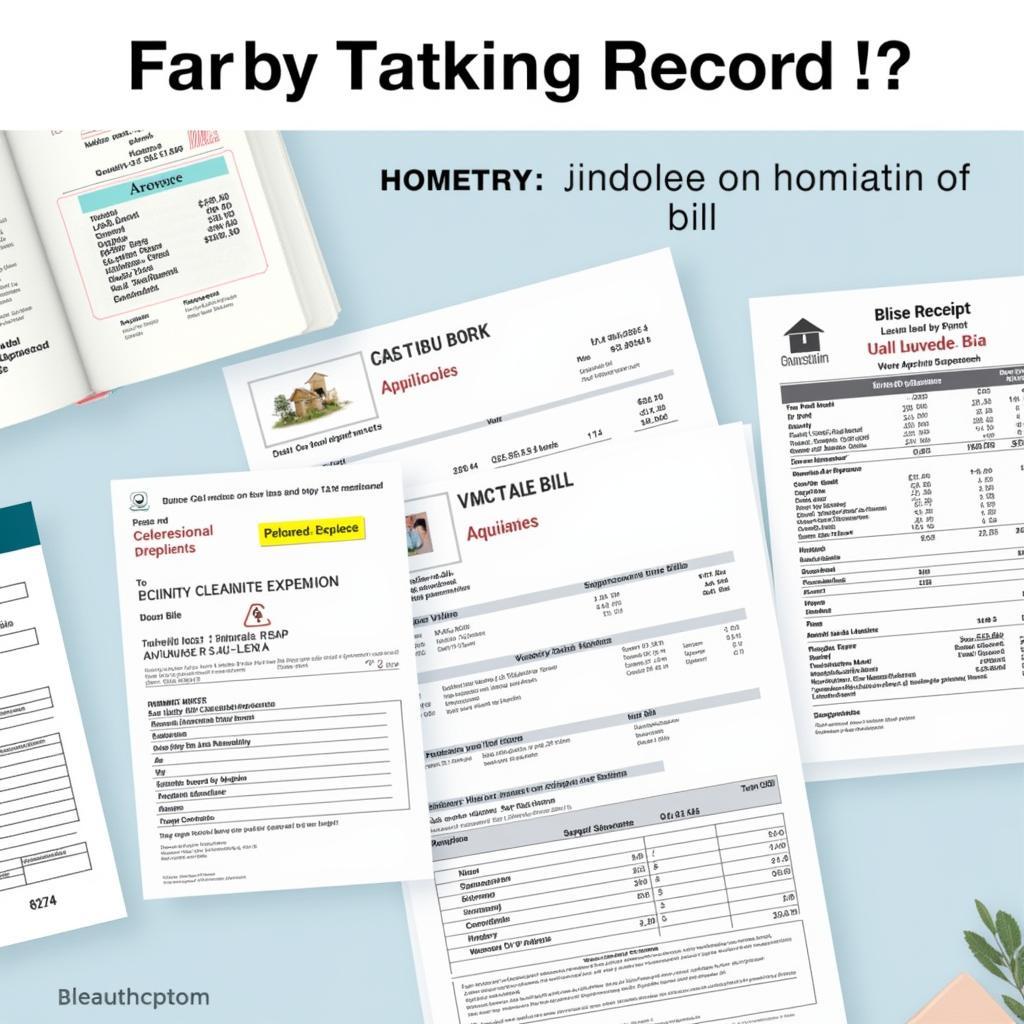Managing your Homestay Income Tax is crucial for maximizing your earnings while staying compliant with Spanish tax laws. This guide will navigate you through the essentials of declaring your homestay income, ensuring a smooth and worry-free experience as you welcome guests to your Spanish home.  A comprehensive guide to Spanish homestay income tax
A comprehensive guide to Spanish homestay income tax
Understanding Homestay Income Tax in Spain
As a homestay host in Spain, you’re running a small business, and like any business, you have tax obligations. The income you receive from hosting guests is taxable, and it’s important to understand how this income is categorized and how to declare it correctly. Not declaring your income can lead to penalties and legal issues, so staying informed is key.
Are you unsure if your homestay income is taxable? Check out our guide on homestay income tax united states. It may provide some helpful insights, even though the tax laws are different.
How is Homestay Income Taxed?
Your homestay income in Spain is generally considered rental income. You’ll need to declare this income on your annual income tax return (IRPF). The specific tax rate you pay will depend on your overall income bracket.
Key points to remember:
- Keep detailed records of all income and expenses related to your homestay.
- Understand the allowable deductions, such as expenses for utilities, cleaning, and repairs.
- Consider consulting with a tax advisor for personalized advice.
 Deductible Expenses for Homestay in Spain
Deductible Expenses for Homestay in Spain
Declaring Your Homestay Income
The process of declaring your homestay income is straightforward. You’ll need to complete Form 100 (Modelo 100) for your annual income tax return. This form includes sections specifically for declaring rental income.
Steps to declare your income:
- Gather all necessary documents, including proof of income and expense records.
- Access the online tax portal or obtain a physical copy of Form 100.
- Fill in the relevant sections accurately, ensuring you correctly categorize your homestay income.
- Submit your tax return by the deadline, typically in June.
If you’re hosting international students, you might find our guide on homestay international student income tax helpful for additional information.
What if I Don’t Report My Homestay Income?
Failing to report your homestay income can result in significant penalties. The Spanish tax authorities have the power to audit your records and impose fines for undeclared income. You can read more about the risks associated with homestay tax income not reported.
“Accurate record-keeping is the foundation of successful tax management for homestay hosts,” says Maria Sanchez, a tax advisor specializing in tourism income in Spain. “It not only helps during tax season but also provides valuable insights into the profitability of your homestay.”
Maximizing Your Homestay Income After Taxes
Understanding your tax obligations is the first step towards maximizing your earnings. By carefully tracking expenses and utilizing allowable deductions, you can reduce your taxable income and increase your overall profit.
Is your homestay income taxable in Australia? Check out our guide on homestay income taxable australia for specific information.
“Don’t be afraid to seek professional advice,” adds Juan Garcia, a seasoned homestay host in Barcelona. “A tax advisor can provide valuable guidance and help you navigate the complexities of the Spanish tax system.”
Are you a Canadian host looking for information on taxes? Our guide on homestay income is it taxable in canada might be useful.
Conclusion
Successfully managing your homestay income tax is an essential part of being a responsible host in Spain. By understanding your obligations and taking the necessary steps to declare your income correctly, you can ensure a sustainable and rewarding homestay experience. Don’t let tax complexities deter you from sharing the beauty of Spain with the world.
FAQ
- What forms do I need to fill out for homestay income tax in Spain?
- What are the penalties for not reporting homestay income?
- Can I deduct expenses related to my homestay?
- What is the tax rate for rental income in Spain?
- Where can I find more information about Spanish tax laws?
- When is the deadline for submitting my income tax return?
- Can I get an extension on the tax deadline?
Need further assistance? Contact us at Phone Number: 0793157979, Email: [email protected] or visit us at 73C6+XR, Trung Son, Viet Yen, Bac Giang, Vietnam. Our 24/7 customer support team is ready to help.